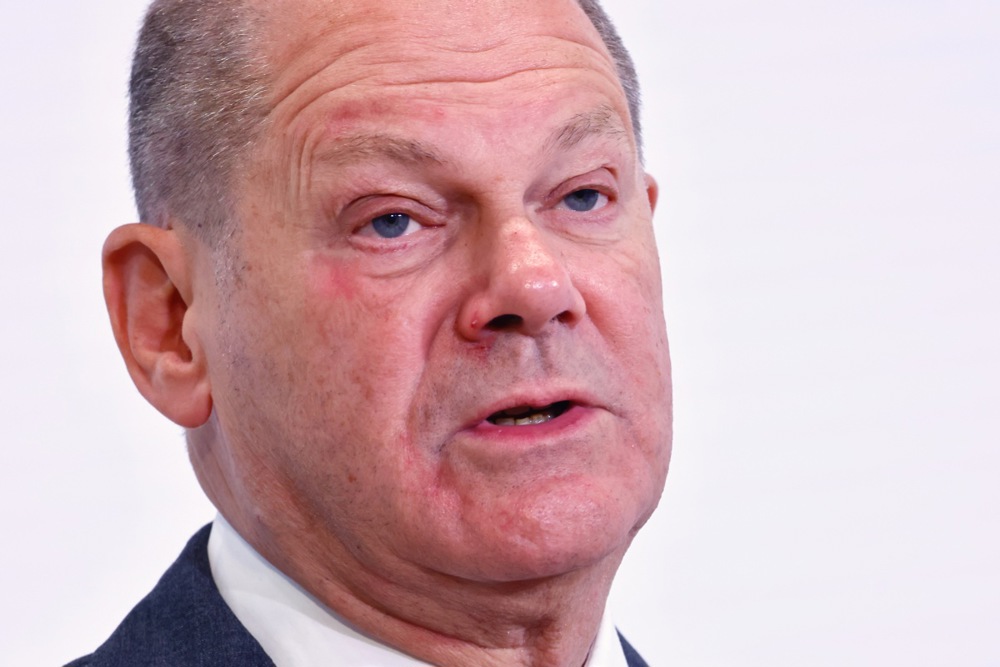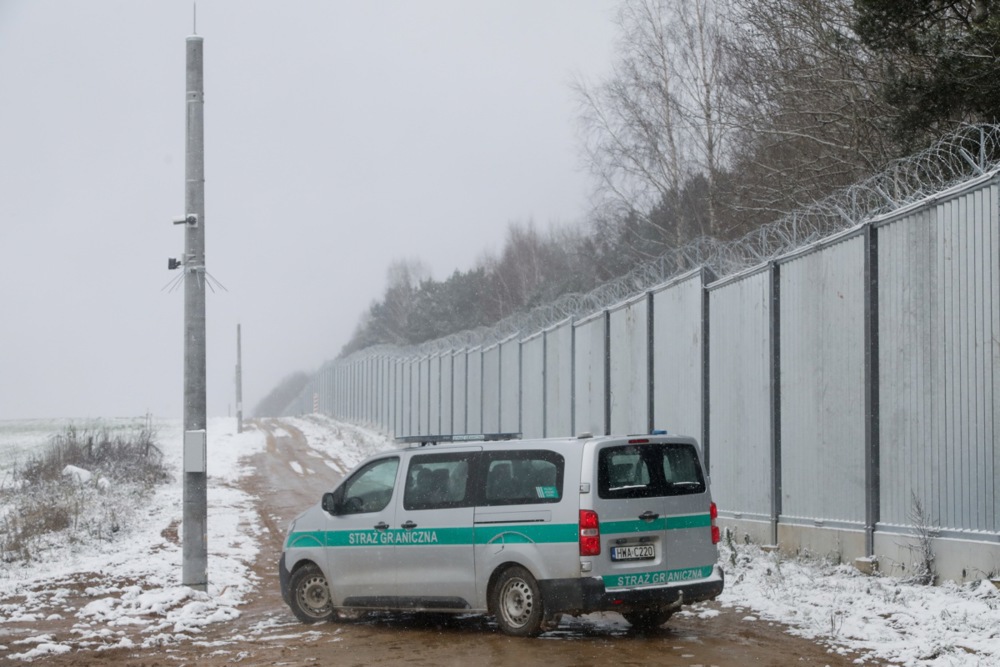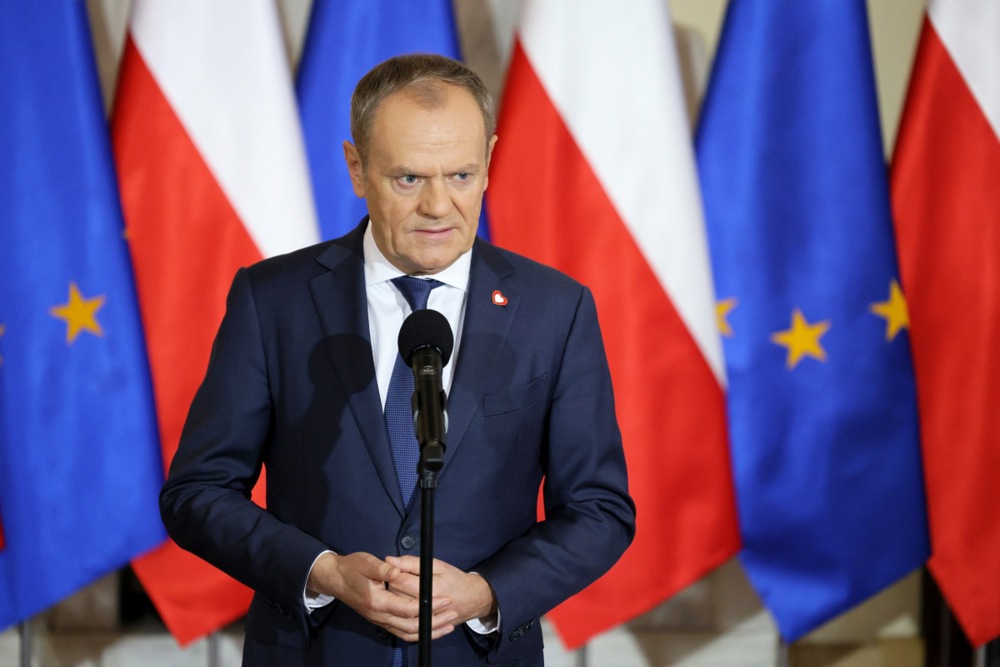Polish Prime Minister Donald Tusk has called the unilateral decision by Germany to reintroduce border checks on all its frontiers “unacceptable”, adding that it was mistaken migration policies the country adopted that have caused the current migration crisis.
They will result in the “de facto suspension of Schengen on such a large scale”, Tusk told Polish ambassadors at their annual gathering in Warsaw.
He added that “such actions are unacceptable from the Polish point of view, because I have no doubt that it is the internal political situation in Germany that is causing these more stringent steps, and not our policy towards illegal migration on our borders”.
He was alluding to the fact that Poland has taken action to strengthen its border with Belarus under his and the previous Conservative (PiS) government.
“Poland does not need anyone to lecture us on this issue,” said Tusk. “We have been the most consistent country when it comes to warning against ill-advised decisions concerning Ukraine, Russia, and migration policy.”
Tusk promised that Poland would contact all countries affected by Germany’s decision as he said he felt migration was an European Union-wide matter
“Today we need full support from Germany and the entire EU when it comes to helping organise, finance and arm our eastern border, also in the context of illegal migration,” he said.
On September 10, Germany unveiled plans to introduce border checks for six months in response to a fatal knife attack in the town of Solingen by a failed Syrian asylum seeker.
Berlin’s move came just over a week after the ruling SPD-Green-FDP coalition lost badly in the State elections in Saxony and Thuringia and just days ahead of the poll in Brandenburg.
In June this year, Poland appealed to Germany and France for help in policing its border with Belarus because many of the migrants who attempt the crossing head for those destinations.
Those arrivals led Germany to introduce border checks on its Polish border and prompted it to return to Poland those migrants judged to have entered illegally from the country.
Other tensions between Berlin and Warsaw have included the issue of German compensation to Poland for the Second World War and German claims that Poland collaborated with Ukraine in the destruction of the Nord Stream gas pipelines in the Baltic sea in 2022.
Given the current circumstances, the announcement that neither Tusk or German Chancellor Olaf Scholz would attend a ceremony at which the Polish PM was to have received a media award for his contribution to democracy and human rights was, to many, not surprising.
Alluding to the issue, Tusk said: “We don’t need awards and words of recognition, just the participation of countries such as Germany in the policies that Poland is pursuing today, for example when it comes to illegal migration.”
Tusk has been criticised by the opposition PiS for being too accommodating to Germany in the past. He was once a close ally of then-chancellor Angela Merkel and his much cooler relations with Scholz will likely be of concern to Berlin.





